Turkey's Knee Replacement Success: Your Path to Pain-Free Living
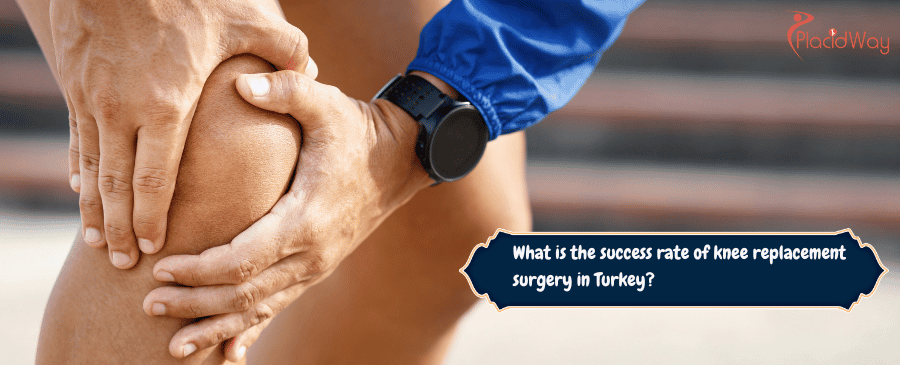
Knee replacement surgery is a highly effective procedure that brings significant relief to individuals suffering from severe knee pain and impaired mobility, often due to arthritis or injury. For those considering this life-changing operation, Turkey has emerged as a prominent destination for medical tourism, attracting patients globally with its blend of high-quality healthcare, experienced surgeons, and competitive pricing. This blog post aims to answer your most pressing questions about knee replacement surgery in Turkey, focusing on the crucial aspect of its success rate and what you can expect from the process.
What is the success rate of knee replacement surgery in Turkey?
"The success rate of knee replacement surgery in Turkey typically ranges from 90% to 95%, with many patients experiencing significant pain relief and improved function."
This high success rate is comparable to, and often exceeds, figures seen in many Western countries. The effectiveness of the procedure in Turkey is attributed to several factors, including the expertise of orthopedic surgeons, the use of advanced medical technology, and a focus on comprehensive patient care. Many Turkish clinics are internationally accredited, ensuring adherence to global standards of quality and safety in medical procedures.
How long do knee replacements last in Turkey?
"Most knee implants placed in Turkey are designed to last between 15 to 20 years, with a significant percentage (around 80-85%) still functioning well even after 20 years, depending on patient lifestyle and implant quality."
The longevity of a knee replacement is a key concern for patients. Modern knee implants are made from durable materials like metal alloys, ceramics, and high-grade plastics, which are designed to withstand years of use. While 15-20 years is a common lifespan, factors such as the patient's activity level, weight, and adherence to post-operative care can influence how long the implant remains effective. Regular follow-ups and avoiding high-impact activities can help extend the life of the artificial knee joint.
Are knee replacement surgeries in Turkey safe?
"Yes, knee replacement surgeries in Turkey are generally safe, with many clinics boasting international accreditations like JCI (Joint Commission International) and adhering to stringent quality and safety protocols."
Patient safety is a top priority in Turkish medical facilities. The country has invested significantly in its healthcare infrastructure, with many hospitals equipped with state-of-the-art operating theaters and diagnostic tools. Surgeons often have international training and extensive experience in performing knee replacement surgeries. Like any major surgery, there are inherent risks, but these are minimized through meticulous pre-operative assessments, sterile environments, and dedicated post-operative care.
What factors contribute to the high success rates of knee replacement surgery in Turkey?
"Several factors contribute to the high success rates of knee replacement surgery in Turkey, including highly experienced orthopedic surgeons, advanced medical technology, quality implants, and comprehensive rehabilitation programs."
- Experienced Surgeons: Many orthopedic surgeons in Turkey have specialized training from reputable institutions worldwide and perform a high volume of knee replacement procedures, honing their skills and expertise.
- Advanced Technology: Turkish hospitals are equipped with the latest surgical technologies, including robotic-assisted surgery systems (like MAKOplasty), which enhance precision in implant placement, potentially leading to better outcomes and faster recovery.
- Quality Implants: Clinics in Turkey utilize high-quality knee implants from globally recognized manufacturers, ensuring the durability and functionality of the artificial joint.
- Comprehensive Rehabilitation: Post-operative physical therapy and rehabilitation are crucial for successful recovery. Turkish clinics often offer structured rehabilitation programs tailored to individual patient needs, helping them regain strength and mobility effectively.
What types of knee replacement surgery are available in Turkey?
"Turkey offers various types of knee replacement surgery, including total knee replacement (TKR), partial knee replacement (PKR), and revision knee replacement, often utilizing minimally invasive or robotic-assisted techniques."
- Total Knee Replacement (TKR): This is the most common type, where the entire knee joint is replaced with artificial components. It's typically recommended for severe arthritis affecting all compartments of the knee.
- Partial Knee Replacement (PKR) / Unicompartmental Knee Replacement: This procedure replaces only the damaged part of the knee, preserving more of the healthy bone and ligaments. It's suitable for patients with arthritis confined to a single compartment.
- Revision Knee Replacement: This surgery is performed to replace a failed or worn-out artificial knee joint from a previous knee replacement.
- Minimally Invasive Surgery: Many surgeons in Turkey employ minimally invasive techniques, which involve smaller incisions, leading to less pain, reduced blood loss, and quicker recovery times.
- Robotic-Assisted Surgery: Utilizing systems like MAKOplasty, this technique allows for highly precise planning and execution of the surgery, potentially leading to improved implant longevity and more natural knee movement.
What is the typical recovery time for knee replacement surgery in Turkey?
"The typical recovery time for knee replacement surgery in Turkey involves an initial hospital stay of 1-3 days, followed by significant improvement within 3-6 months, with full recovery often taking up to 12 months."
Recovery is a gradual process that varies for each patient.
- Initial Hospital Stay: Patients usually stay in the hospital for a few days for pain management and initial physical therapy.
- Early Recovery (Weeks 1-6): This period focuses on reducing swelling and pain, and regaining initial mobility through guided exercises. Patients may use crutches or a walker.
- Intermediate Recovery (Months 2-6): Most patients will see significant improvement in function and can resume many daily activities. Physical therapy continues to strengthen the knee and improve range of motion.
- Full Recovery (Up to 12 months): By this point, most patients have achieved their recovery goals, with minimal discomfort and a return to a wider range of activities. Adherence to a prescribed exercise program is crucial throughout this period.
What are the potential risks and complications of knee replacement surgery?
"While generally safe, potential risks and complications of knee replacement surgery include infection, blood clots, stiffness, nerve damage, and implant loosening or wear, though these are rare."
Orthopedic surgeons in Turkey take extensive measures to minimize these risks.
- Infection: A rare but serious complication, often prevented with antibiotics and strict sterile techniques.
- Blood Clots: Patients are given medication and encouraged to move early to prevent clots from forming in the legs.
- Stiffness: Adherence to physical therapy is crucial to prevent stiffness and maintain a good range of motion.
- Nerve or Blood Vessel Damage: A very rare occurrence during surgery, which surgeons take great care to avoid.
- Implant Loosening or Wear: Over many years, the implant may loosen or wear down, potentially requiring a revision surgery.
How do Turkish clinics ensure patient satisfaction after knee replacement surgery?
"Turkish clinics prioritize patient satisfaction after knee replacement surgery through personalized treatment plans, diligent post-operative care, clear communication, and comprehensive support for international patients."
- Personalized Care: Each patient receives a tailored treatment plan, taking into account their specific condition, expectations, and lifestyle.
- Effective Pain Management: Post-operative pain is carefully managed to ensure comfort and facilitate participation in physical therapy.
- Dedicated Rehabilitation: Access to skilled physical therapists and structured rehabilitation programs is vital for optimal outcomes and patient satisfaction.
- Multilingual Support: Many clinics offer interpreters and patient coordinators who assist international patients with logistics, appointments, and communication, ensuring a smooth and stress-free experience.
- Follow-up Care: Clinics often provide clear guidelines for follow-up appointments and ongoing care, even after the patient returns home.
What should I expect during the pre-operative evaluation for knee replacement in Turkey?
"During the pre-operative evaluation for knee replacement in Turkey, you can expect a comprehensive assessment including medical history review, physical examination, diagnostic imaging (X-rays, MRI), and blood tests to ensure you are a suitable candidate."
This thorough evaluation is crucial for planning the surgery and minimizing risks.
- Medical History and Physical Exam: The surgeon will review your medical history, current medications, and perform a detailed physical examination of your knee and overall health.
- Imaging Tests: X-rays are standard, and sometimes MRI or CT scans are used to get a detailed view of the knee joint and assess the extent of damage.
- Blood Tests: These are performed to check your general health, blood count, and screen for any underlying conditions that could affect the surgery or recovery.
- Discussion of Expectations: The surgeon will discuss the potential outcomes, risks, and recovery process, ensuring you have realistic expectations for the surgery.
What is the typical cost of knee replacement surgery in Turkey?
"The cost of knee replacement surgery in Turkey is significantly lower than in many Western countries, typically ranging from €6,000 to €10,000, varying based on the clinic, surgeon's experience, and implant type."
This competitive pricing is a major draw for international patients. The cost usually includes the surgery itself, hospital stay, anesthesia, and initial post-operative care, and often pre-operative consultations. Patients should inquire about comprehensive packages that might also include accommodation, airport transfers, and interpreter services.
How do I choose a reliable clinic for knee replacement in Turkey?
"To choose a reliable clinic for knee replacement in Turkey, look for international accreditations (like JCI), experienced orthopedic surgeons, positive patient testimonials, advanced facility technology, and comprehensive patient support."
- Accreditation: Prioritize clinics with international accreditations, which signify adherence to high standards of quality and patient safety.
- Surgeon's Credentials: Research the orthopedic surgeon's experience, qualifications, and the number of knee replacement procedures they perform.
- Patient Reviews and Testimonials: Read reviews from previous international patients to gauge their experiences and satisfaction levels.
- Facility and Technology: Ensure the clinic is well-equipped with modern technology and a dedicated orthopedic department.
- Patient Support Services: Look for clinics that offer robust support for international patients, including language assistance, travel arrangements, and post-operative follow-up.
What can I do to maximize the success of my knee replacement in Turkey?
"To maximize the success of your knee replacement in Turkey, actively participate in pre-operative preparation, diligently follow post-operative instructions, commit to physical therapy, maintain a healthy lifestyle, and communicate openly with your medical team."
- Pre-operative Preparation: Follow all instructions from your surgeon regarding diet, exercise, and medication before surgery.
- Adhere to Medical Advice: Strictly follow your surgeon's and physical therapist's instructions regarding wound care, pain management, and activity levels.
- Commit to Physical Therapy: Consistent and dedicated participation in physical therapy is perhaps the most critical factor for regaining full mobility and strength.
- Healthy Lifestyle: Maintain a healthy weight and engage in low-impact exercises to reduce stress on your new knee joint and promote its longevity.
- Open Communication: Don't hesitate to ask questions or voice concerns to your medical team throughout your journey.
Explore PlacidWay for solutions related to medical tourism, healthcare services, or other relevant offerings.


.png)
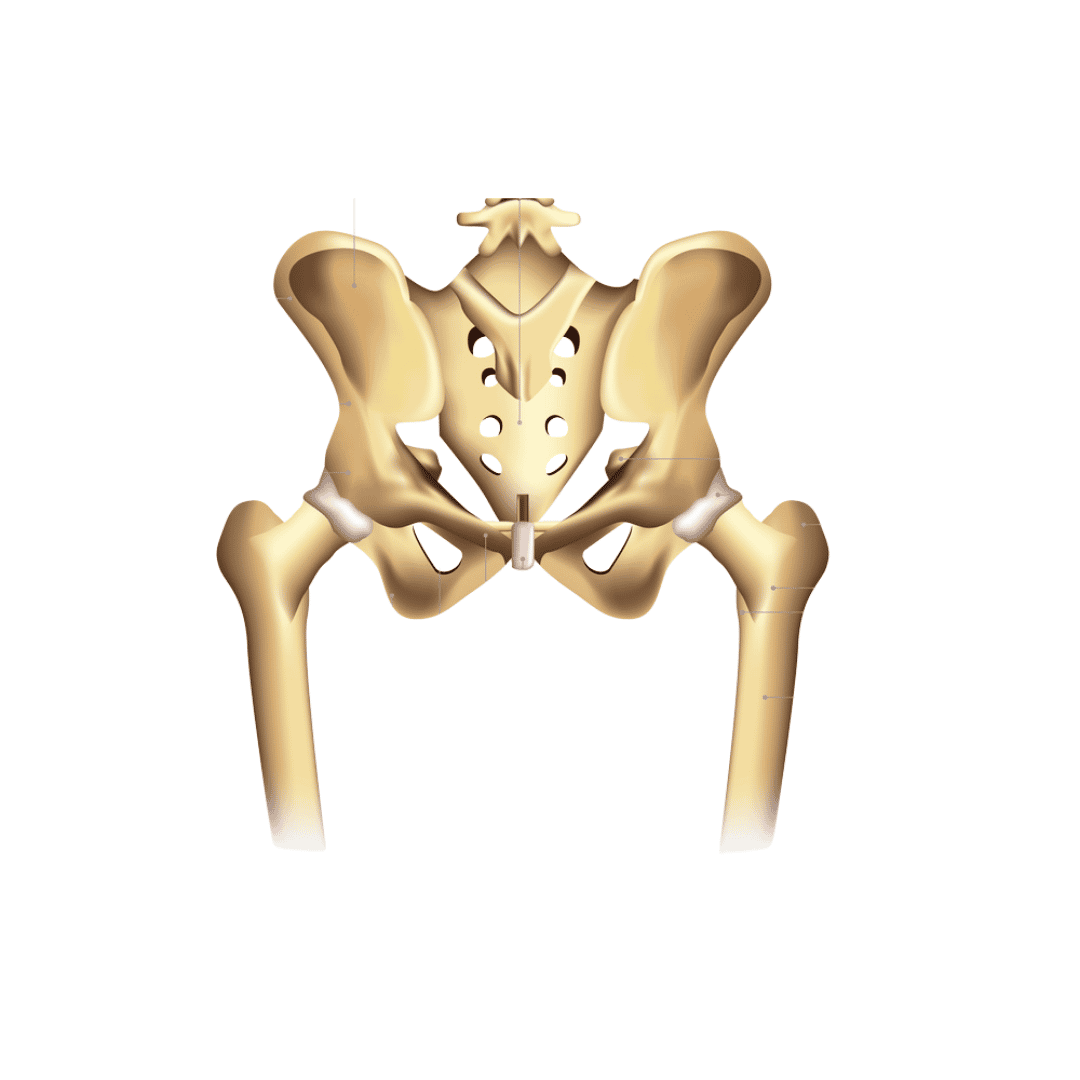
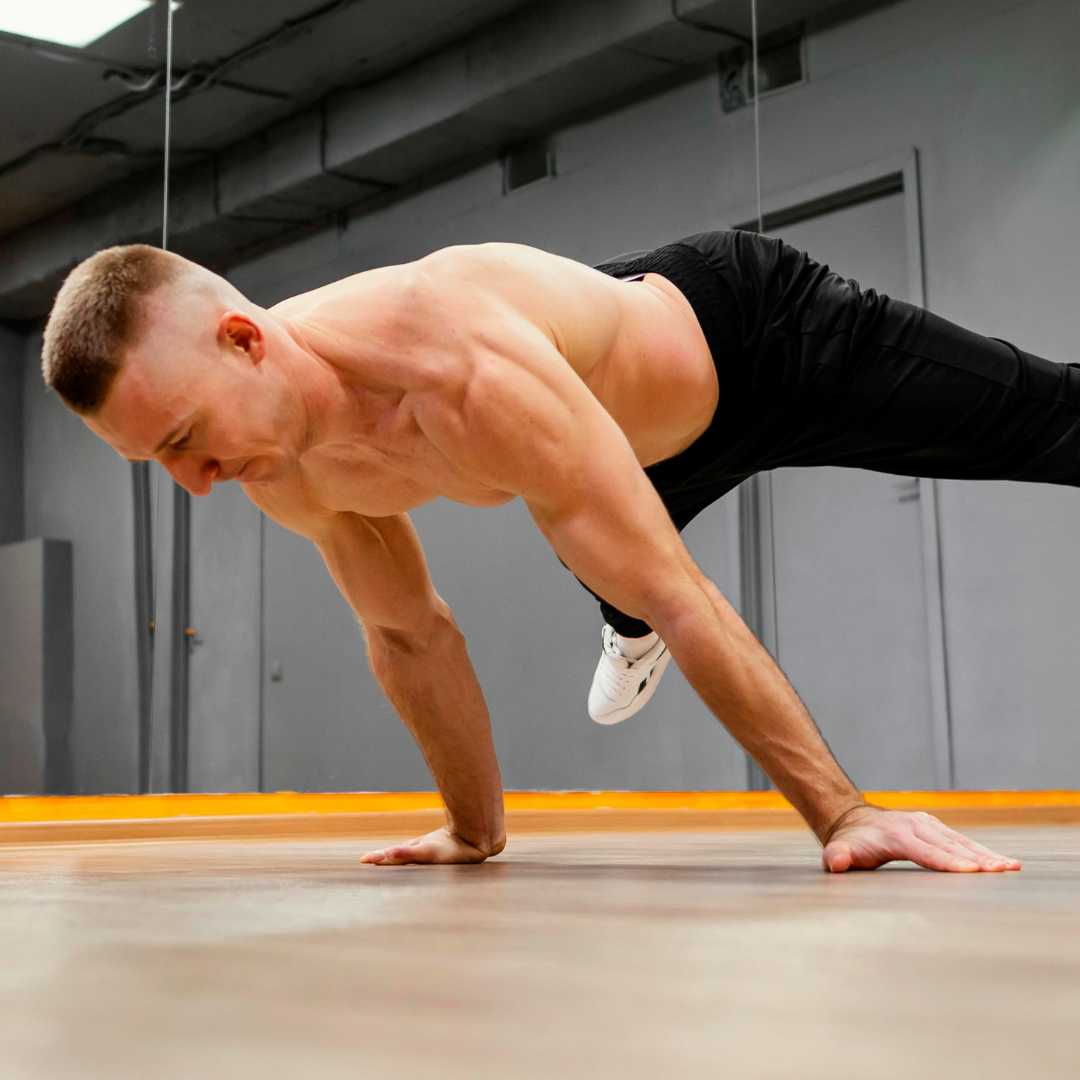

.png)



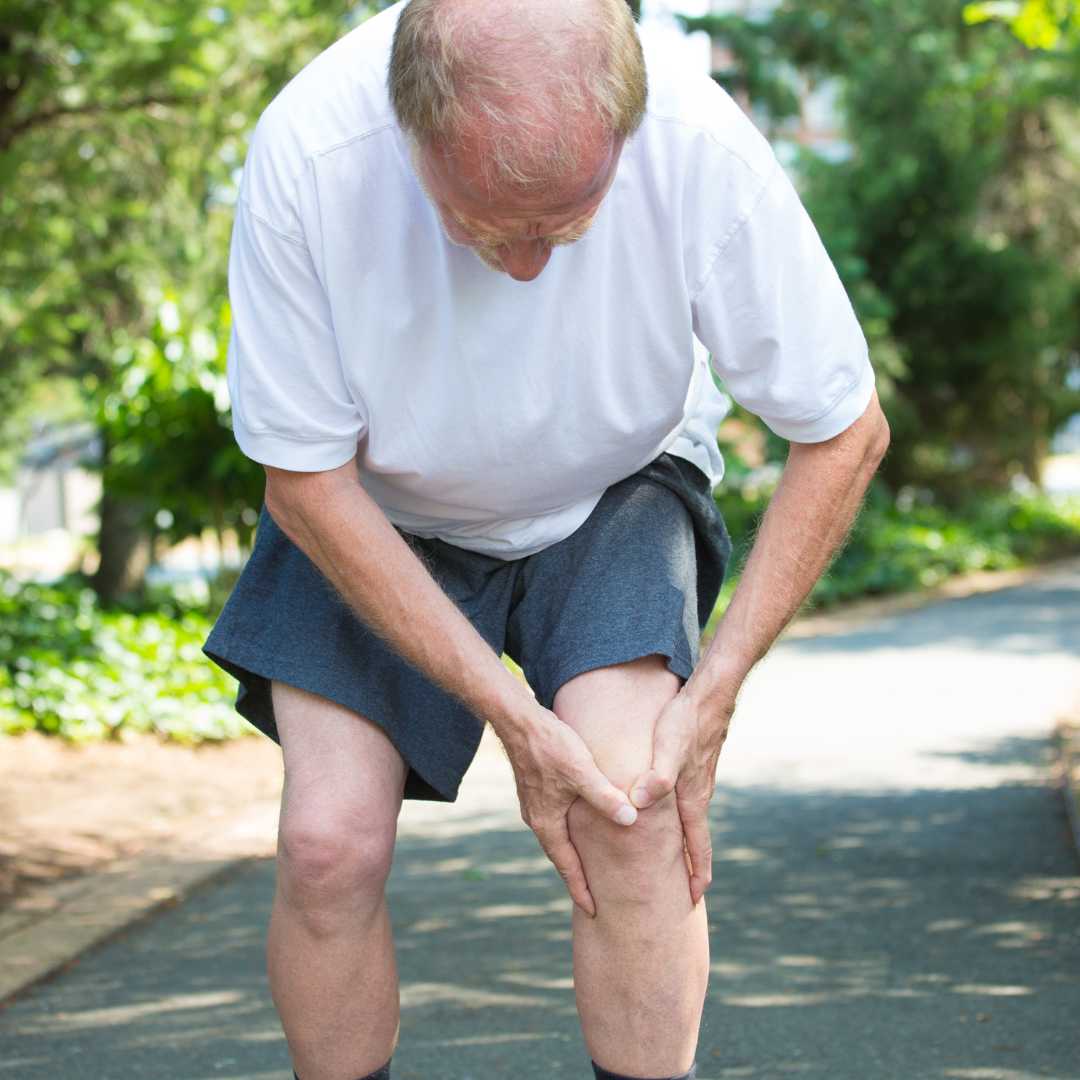


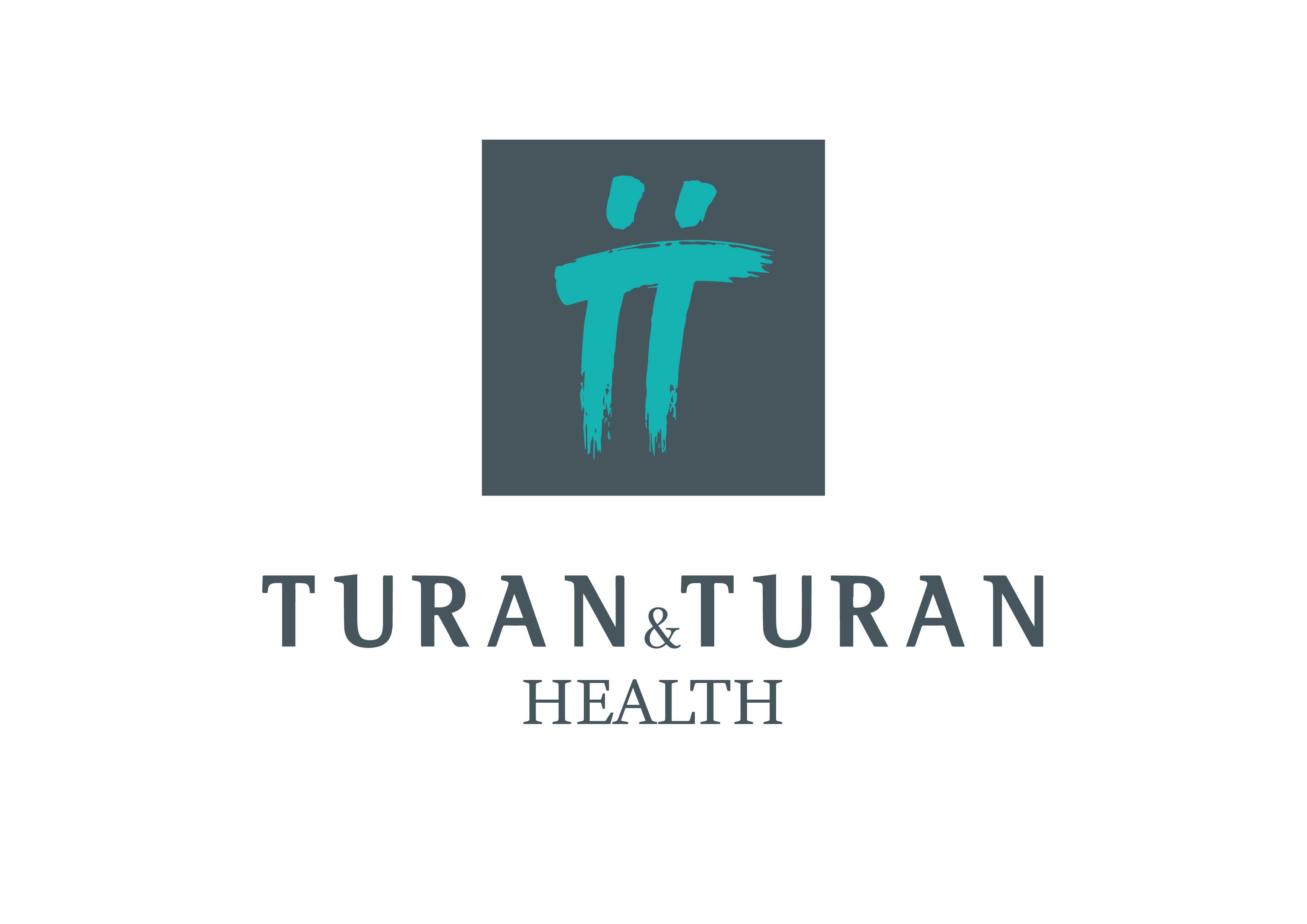



Share this listing